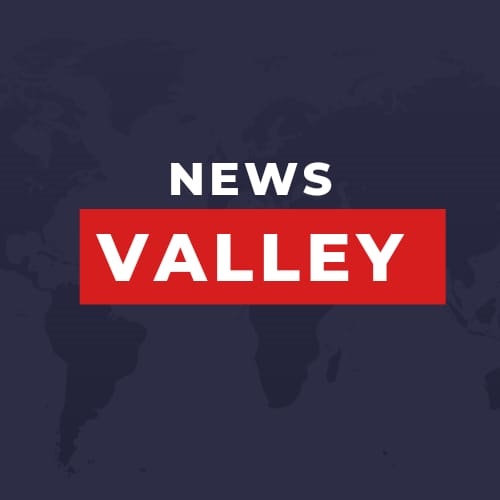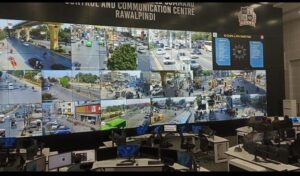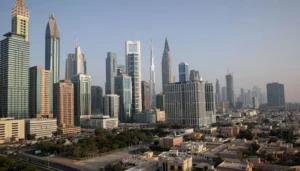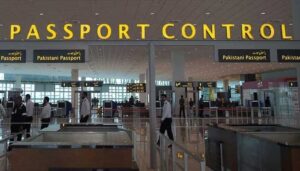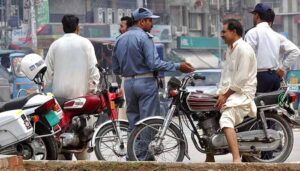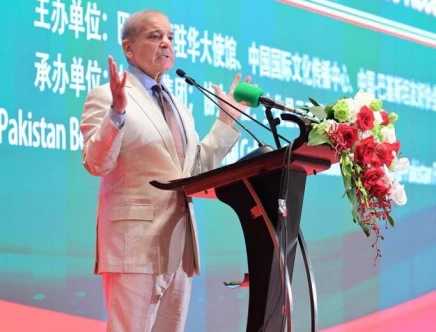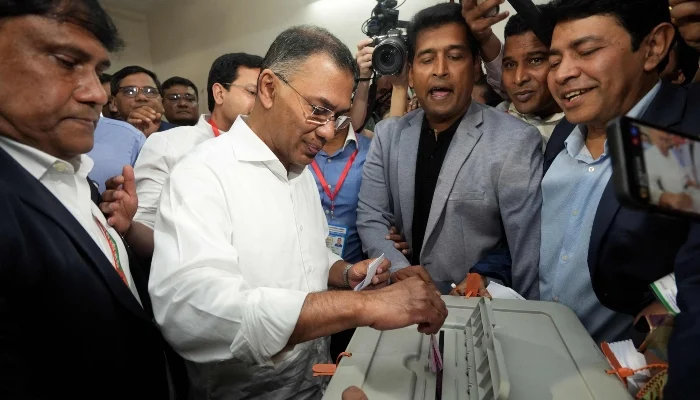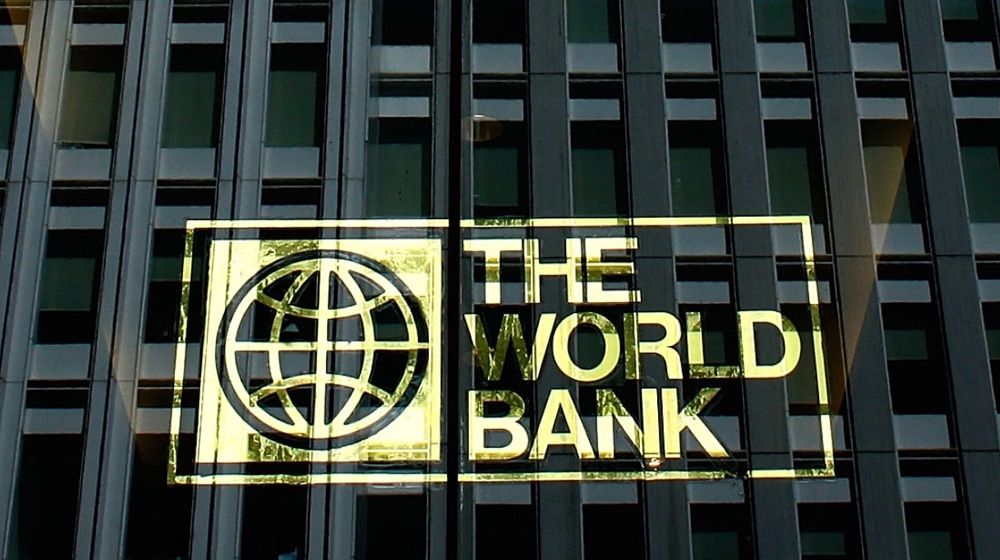
Business
World Bank Approves $1B for DASU Hydropower Project Pakistan
World Bank Board of Executive Directors has sanctioned an additional $1 billion in financing for the DASU Hydropower Stage I (DHP I) Project.
This funding injection aims to bolster hydropower electricity supply, improve access to socio-economic services for local communities, and enhance the capacity of the Water and Power Development Authority (WAPDA) to spearhead future hydropower initiatives.
ALSO EXPLORE
National Economic Council Approves Development Plans for FY25
Najy Benhassine, World Bank Country Director for Pakistan, emphasized the pivotal role of the DASU Hydropower Project in addressing Pakistan’s energy challenges, stating,
“The DHP site stands as one of the premier hydropower locations globally and represents a transformative opportunity for the Pakistan energy sector.”
With a minimal ecological footprint, the DHP is poised to contribute to the transition towards renewable energy, thereby mitigating electricity costs.
Situated on the Indus River approximately 8 km from Dasu Town in the Upper Kohistan District of Khyber Pakhtunkhwa Province, DHP-I, upon completion, will boast an installed capacity ranging from 4,320 to 5,400 MW.
Scheduled for implementation in stages, DHP-I alone is projected to generate 12,225 gigawatt hours (GWh)/year of low-cost renewable energy.
Subsequent stages, such as DHP-II, are expected to further amplify electricity output.
Rikard Liden, Task Team Leader for the Project, highlighted the significance of DHP-I in Pakistan’s endeavor to reduce reliance on fossil fuels, aiming to achieve 60 percent renewable energy by 2031.
The additional financing is poised to expand electricity supply, potentially saving Pakistan an estimated $1.8 billion annually by substituting imported fuels and offsetting approximately 5 million tons of carbon dioxide emissions.
Moreover, DHP-I is anticipated to yield an impressive annual economic return of around 28 percent.
Beyond energy generation, the DASU Hydropower Project is set to catalyze socio-economic progress in Upper Kohistan, particularly in areas of education, health, employment, and transport. Since 2012, adult literacy has surged by an estimated 30 percent, with notable increases in boys’ and girls’ schooling rates.
Ongoing community development initiatives encompass infrastructure projects, educational facilities, healthcare services, and livelihood programs, with a focus on empowering women beneficiaries through targeted interventions.

